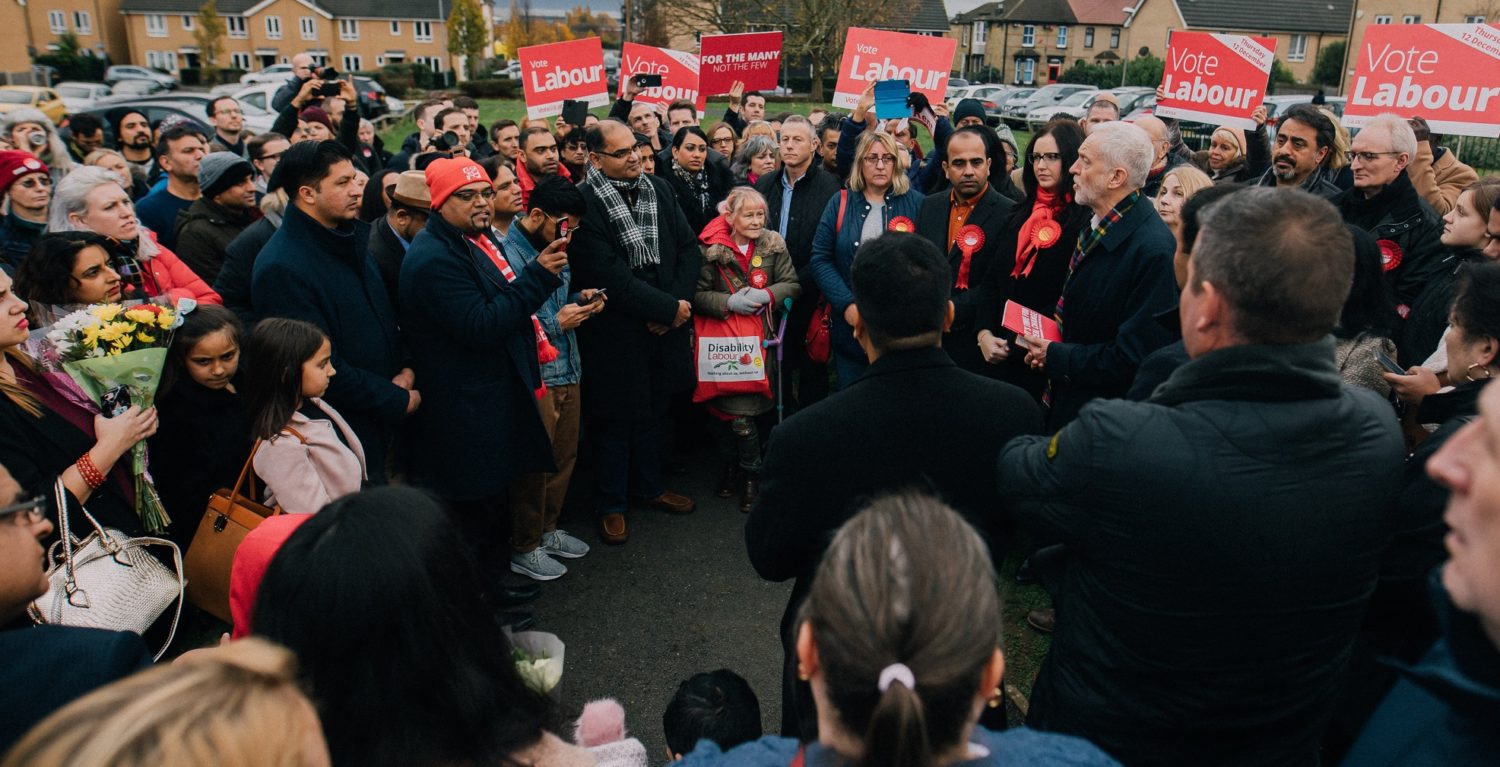Socialism, from Stockholm to Scunthorpe
The outcome of the UK’s election may be uncertain – but the future belongs to the left, writes Payam Moula.
”As things stand today capitalist civilisation cannot continue; we must either move forward into socialism or fall back into barbarism”. This quote, by Marxist theorist and a leader of the German Social Democratic Party, Karl Kautsky, captures the sentiment of our time. With rampaging inequality and a climate crisis around the corner, few on the left believe the neoliberal order will survive.
Unfortunately, the last 10 years have been tough for social democratic parties across Europe, and average support has dropped from around 30 per cent before the 2008 financial crisis, to around 20 per cent today. With this in mind, you might ask why I’m hopeful for the future. It’s because the tectonic plates of politics are moving – and they’re shifting to the left.
Today, our right-wing parties try to sound left-leaning, using the rhetoric of reducing ‘gaps’ in society. When pressed about tax cuts and austerity, they almost sound ashamed. Gone are the passionate speeches about smaller government and privatisation. Rather, the language used by right-wing parties reflects the fact that the economic programme from the 1980s is deeply out of fashion. Even Boris Johnson seems to be aware of this.
Across Europe, people are dissatisfied with economic inequality, governmental lack of control and inaction on climate change. This is encouraging for the left – because we have solutions to these problems.
We can ride the current wave of economic dissatisfaction to win elections. There is popular support for raising taxes for the rich, nationalising infrastructure and taking back control over public services. The policy proposals from Labour with regard to democratising the economy and giving ownership to employees might be popular. However, I have a word of caution. In Sweden we tried something similar during the 70s and 80s by transferring ownership from companies to unions, with an unpleasant result. The debate and policy harmed us – and perhaps the idea was too far from the everyday concerns of workers to make sense.
Not long ago, a scandal broke out in Sweden; 2.7 million private phonecalls to the public healthcare service were available for download from an open server. Even though politicians are responsible for the healthcare service, journalists had a hard time holding them accountable. Instead mostly non-elected employees took interviews and passed the buck of responsibility down to the private company handling the phone calls. A company based in Thailand.
Scandals involving taxpayers’ money happen frequently, ranging from building one of the most expensive hospitals in history, to public money funding IS-terrorism. In each of these cases, no politicians were found responsible. The culprit is always somewhere down the line of a long chain of privatisation, or in the system. People are fed up. This is favourable for the left, who are fighting to regain control from the market and private companies.
With regard to control, migration is part of the issue, but the politics of migration are complex. The left is somewhat divided here, however, no matter the size and conditions of migration one prefers,the left need to be honest about the socioeconomic impact of migration. Everyone is not a winner or loser – it depends. The left need to acknowledge this and make sure native workers and the working class are benefited, not harmed.
The left also have solutions to the climate crisis. If we allow people to see we are listening to their fears and hopes, we can change the system from the top down. If we use the climate crisis as a way of telling people how to live their lives, we will lose. But overall, people understand that political decisions need to be made, the market won’t solve the problem.
American democratic socialist Michael Harrington, once said “I’m a radical, but as I tell my students at Queens, I try not to soapbox. I want to be on the left wing of the possible”. For the sake of the British people, and frankly for all of us, I hope you do well in the upcoming election. But regardless of the election, if we understand the currents of our time, I am confident the future is bright. The future is left.
Photo credit: Jeremy Corbyn/Flickr

